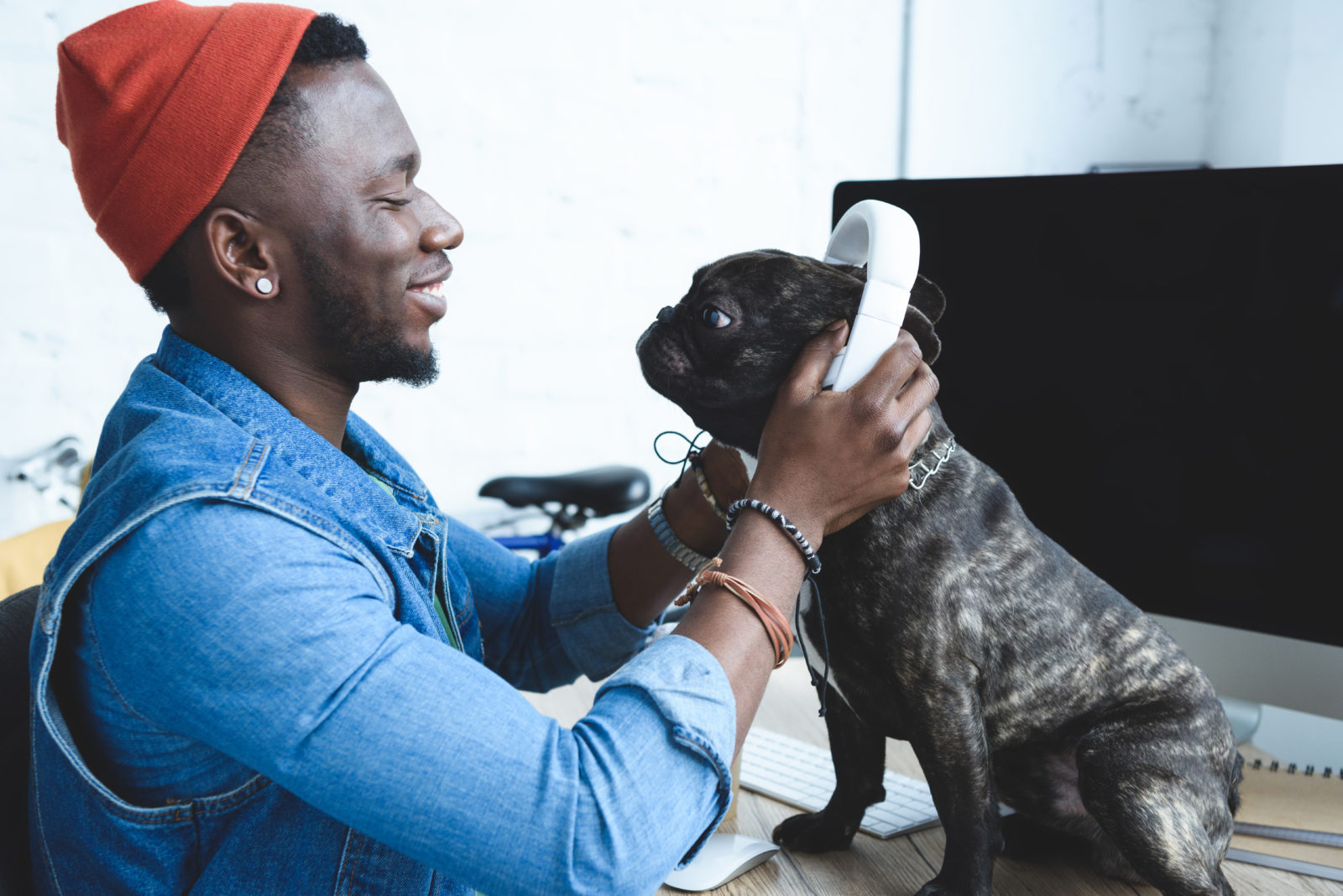Heading Back to the Office? Here’s How How To Manage Your Dog’s Separation Anxiety

As COVID-19 restrictions ease across the U.S. and millions of Americans return to the office and head out on summer travels, many pet parents are looking for solutions on how to manage separation anxiety in dogs.
Camp Bow Wow, a doggy day care and boarding franchise, explains that while more time at home has enhanced the human-dog bond, which has helped pet parents cope with the pandemic, it has also caused unintended effects of codependency and separation anxiety.
“After more than a year of working from home, without meaning to, we’ve gotten our pups dependent on having us by their side all day long. Now, leaving them alone may cause stress for both the dog and the pet parent,” said Erin Askeland, an animal health and behavior consultant at Camp Bow Wow. “It’s important to understand what causes separation anxiety in dogs and how to tell if your dog has separation anxiety before trying to correct it.”
Separation stress, also called separation anxiety, is a term applied to a variety of behaviors that can occur when a dog is left alone. The severity of separation stress and behaviors associated with this issue vary among dogs. But common symptoms of separation anxiety in dogs include clinginess, pacing, panting, vocalization (whining, barking or howling), inability to settle, hovering near doors, house-soiling (accidents). In severe cases, dogs may become destructive, hurt themselves or attempt to escape.
Askeland recommends the following tips to help ease the effects of codependency and separation stress on pet parents and their dogs:
Practice separation. Practice short periods of separation by leaving the house for a quick errand or brief walk around the block. Leave through different doors and don’t follow the same routine before you go. When returning home, enter neutrally and don’t emphasize your arrival by greeting your pup excitedly. Gradually increase the length of time you are gone to help your dog adjust slowly.
Exercise before separation. A dog that has been well-exercised before you leave the house is less likely to experience as much stress when you go. Use different forms of exercise that your dog enjoys, such as a walk, game of fetch or tug, training session or scavenger hunt. This exercise can also help alleviate the guilt that pet parents may experience when leaving their dog alone.
Provide mental stimulation. Set up your dog with a long-lasting frozen treat, puzzle toy or bone, or hide several treats around the house for your dog to find while you are gone. Allow your dog to start enjoying their treat or puzzle before you leave so that they are occupied when you exit. Seeing your dog happily occupied also can help minimize your worry about leaving your dog alone.
Enroll in dog training classes. Dogs that continue learning throughout their lives are better equipped to problem-solve, adapt and cope with change. Training gives you and your pup a great way to communicate and bond — and it helps tire out a dog mentally. Many Camp Bow Wow locations offer reward-based, affordable dog training with certified dog trainers who are extensively educated and experienced in pet behavior.
Find peace of mind. Some pet parents feel they need to watch their pup at all times, even while they are away. You could install a home video camera that allows you to view your pets at home. But if your pup loves to play with other dogs, consider an established dog day care like Camp Bow Wow, which offers all-inclusive care for pups by providing an exciting and safe environment for all-day play, socialization and enrichment.
For more information about Camp Bow Wow, click here.



